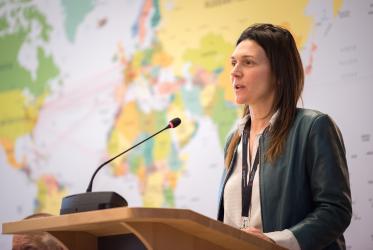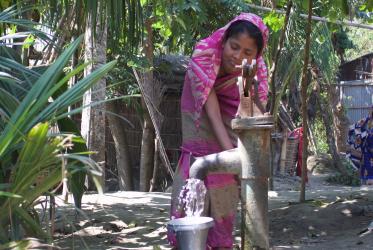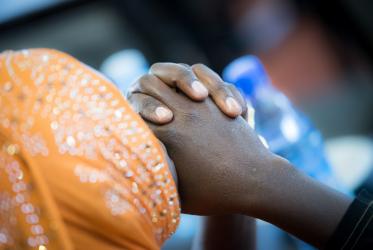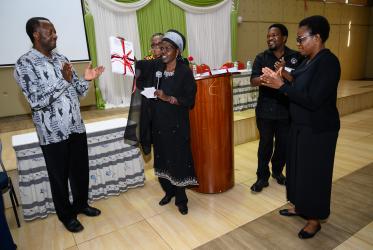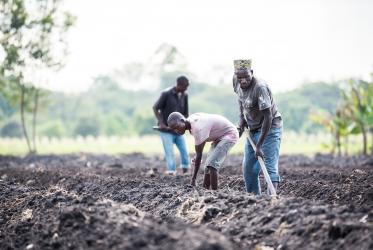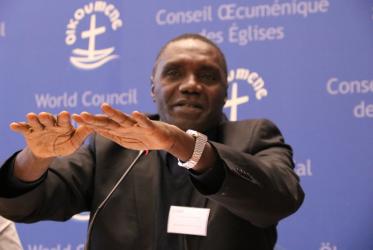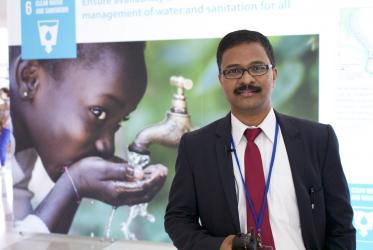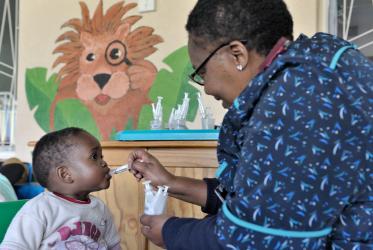Displaying 161 - 180 of 368
26 August 2019
WCC represented at G20 Interfaith forum in Tokyo
13 June 2019
WCC condemns massacre of farmers in Philippines
12 April 2019
Agreement works toward food security in South Sudan
23 February 2019
On the journey to HIV – bridging gaps, debunking myths
21 February 2019
Dialogue addresses improving HIV testing and treatment for children
10 December 2018
Dr Cecile De Sweemer, the doer of God
30 November 2018


